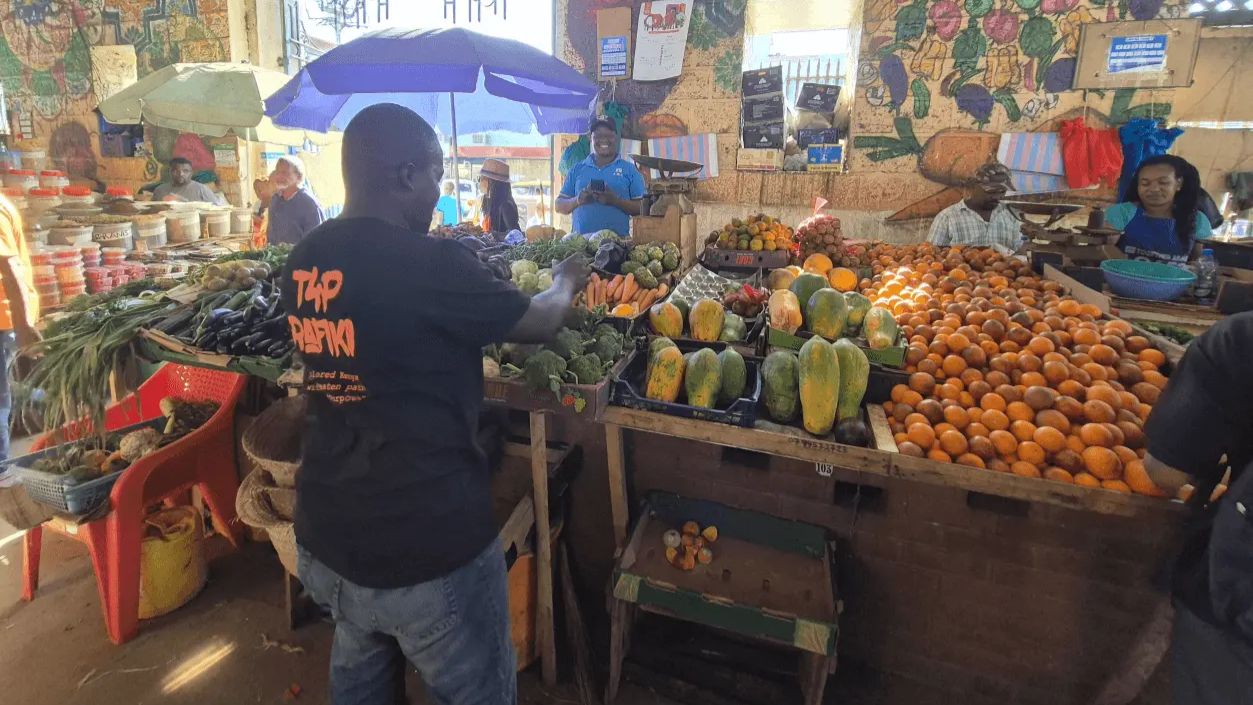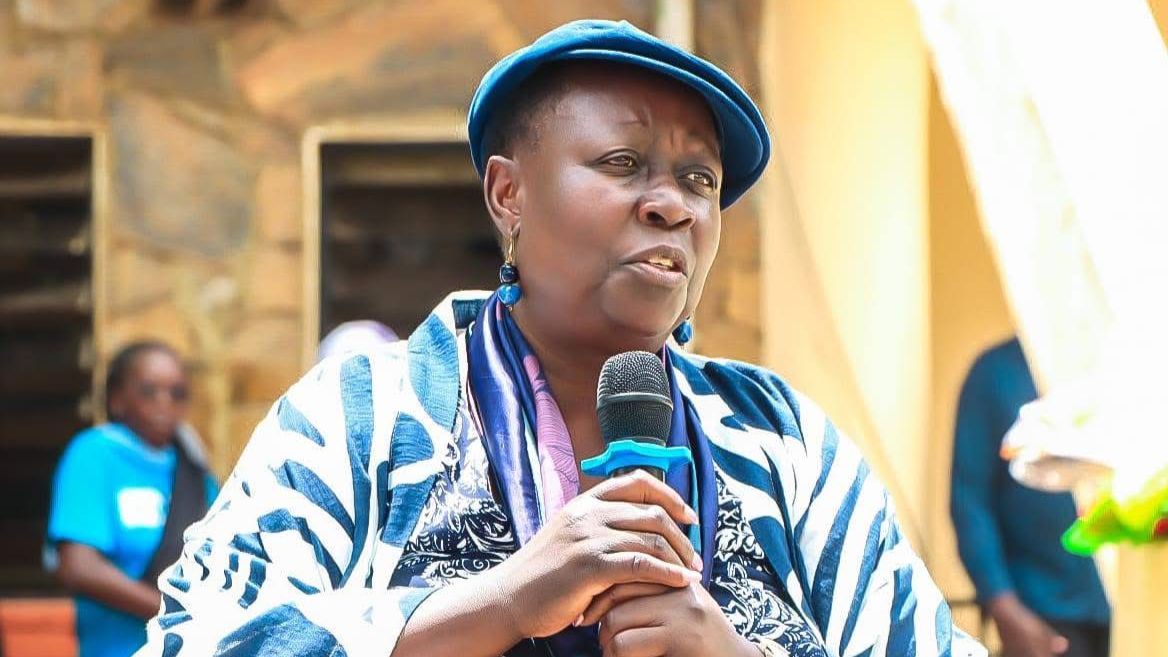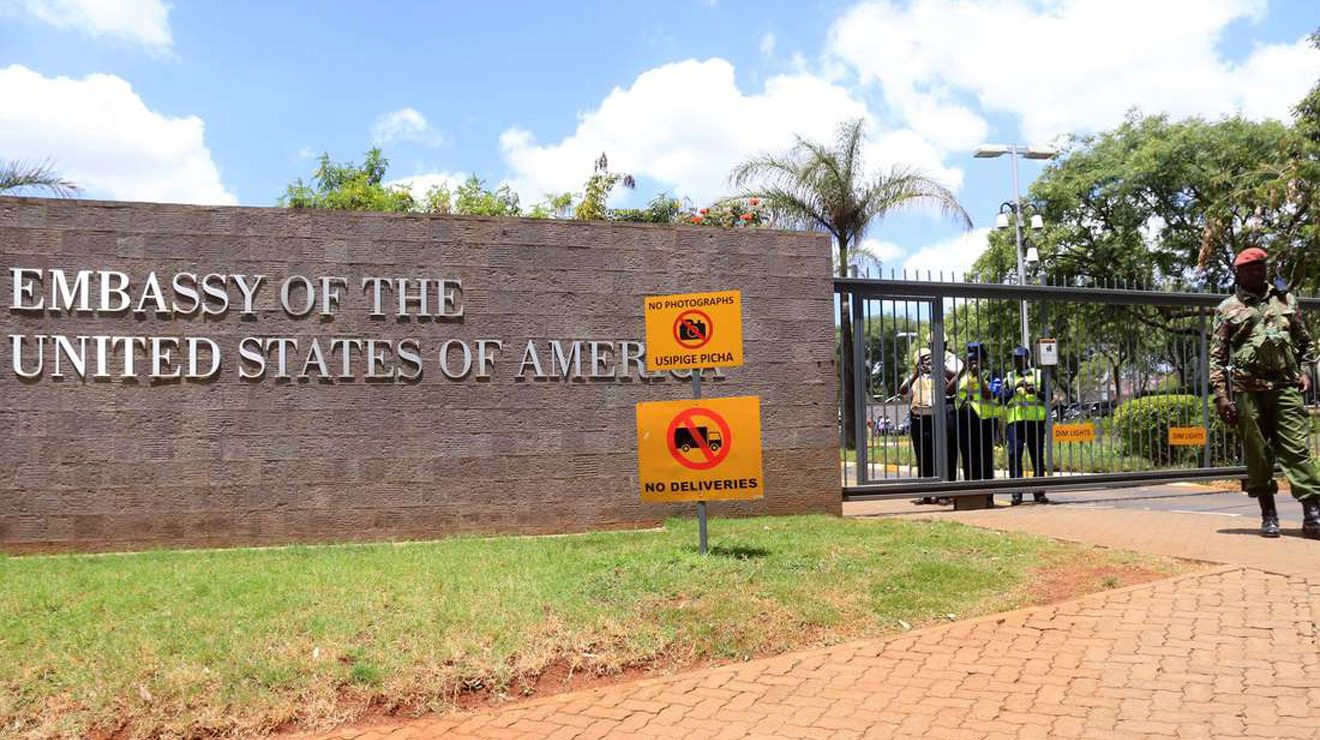In our segment of #KenyaWomenSeries, we feature, Rehema Kiteto. Rehema is a 24-year-old girl who has authored a book under her name. She is a passionate Kenyan leader keen to serve the constituents of Kwale County as a youth advocate.
Those who know her describe her as a go-getter, ambitious, vocal, and very sensitive to injustices against women and girls.
Rehema Kiteto hails from Samburu, in Kinango Constituency, Kwale County, where she resides with her parents and siblings. She is a youth leader, a freelance social worker, author, social blogger, and book editor. Her career journey began in the media.
“After graduating from Egerton University in August 2019 with a Bachelor of Arts (Sociology, English & Literature), I joined the print media team of Standard Media Group in Nakuru. It was a mind-stretching experience. I enjoyed the profession and was planning to go back to school and do a post-graduate diploma in journalism. That was until my dad thought otherwise about my career in the media industry. I tried defending my interests, but I lost to dad and found myself back at home; something that had not crossed my mind.
1. Tell us about some of your career achievements and events that have shaped it?
Read More
Once I was home, I embarked on finding where to utilise my sociology knowledge now that my writing one had failed to materialise. My community in Samburu received me so well. I had left as a young village girl, and now I was back with a degree on one hand and the title of an author on another. This felt like a heroic achievement to the community.
I began interacting with them and noticed a few things. Poor academic performance, lack of enlightenment, and poverty in my community was persistent since my childhood days. So I started attending community meetings, visited schools, and offered guidance and counselling. I also motivated pupils for better academic performance. This was through the help of a mentor that God blessed me with, Administrator Hassan Nyae.
Meanwhile, my desire to advance my career in formal employment nudged me to apply for jobs and internship opportunities that are yet to come. However, I look back and feel as if it was a blessing in disguise. It gave me a chance to plug into my community and be a solution provider.
I have been involved with several NGOs, County Governments, and National Government Programs. Currently, I serve as a volunteer/freelance social worker. Some of my achievements include:
In 2020, the Ministry of Labour & Social Protection Department of Social Development awarded me a certificate as a volunteer of the year in Kwale County during the International volunteerism Day Celebrations.
In 2021, on 7th March during (siku ya akina Mama wa Kwale), I was awarded a certificate of recognition as one of the outstanding women (under 35) in Kwale County.
Going about my community advocacy roles, I earned the position of a youth leader representing my ward as well as the deputy speaker and chair of the gender mainstreaming committee of Kwale Youth Assembly. This assembly was formed in 2019 to influence youth inclusion in policy formulation, implementation, and decision-making in good governance for sustainable socio-economic and political development.
2. You are a staunch believer in the empowerment and mentorship of women and, precisely, young girls. Tell us about your experience in pushing for the same and whether, in your opinion, this is a move that has been embraced in your community.
I strongly believe in empowerment and mentorship as a way of bettering our community. An empowered community is a developed community. I focus on children, women, and youth because I feel these segments are our economic drivers; if you want to know the economic status of a community, have a look at its women.
Empowerment goes hand in hand with other development factors. It has been an exciting and exhausting experience for me. When you pose as a guardian angel, then expect to find many stranded souls lined up waiting for you to rescue them. Sometimes some cases have been brought my way that are beyond my capability, often requiring legal, financial aid and counselling.
Over time, I can attest to seeing groups and organisations taking the empowerment program seriously and lives being transformed.
File Image of Rehema Kiteto
3. From your social media handles, it is evident that you are interested in running for a political seat in the coming 2022 General Elections. Tell us more about it, what it means to the leadership of Kwale County and the young people in this country?
My political ambitions came as a result of my interaction with my community in Samburu. Since I began serving in the community, I have learnt the struggles and dreams of my people. I feel that my people need more than I can currently offer, so I need to be influential. I have noted gaps that can be filled when I have:
- Better networks.
- Better position of power and influence.
- Authority and power over systems.
- And access to resources.
There is no better way to achieve the above other than getting myself right into politics. So many people talk ill of politics, describing it as a dirty game, but they should realise that politics runs every aspect of our lives, and we all can’t afford to ignore politics. I want to give my people the representation they deserve at the County Assembly of Kwale. I am ready, and I am preparing myself to be on the ballot boxes in 2022.
The youth are the most energetic, open-minded, creative age group. This makes them top drivers of change and development. Therefore, having many of them into the political space where everything gets decided upon means a lot in terms of their inclusion and progress in our development.
4. What do you think are the three most critical needs in your community that you would address should your people choose you as their leader.
1. Basic needs: food, water, shelter
2. Quality services, e.g. health, education, legal aid
3. Land justice
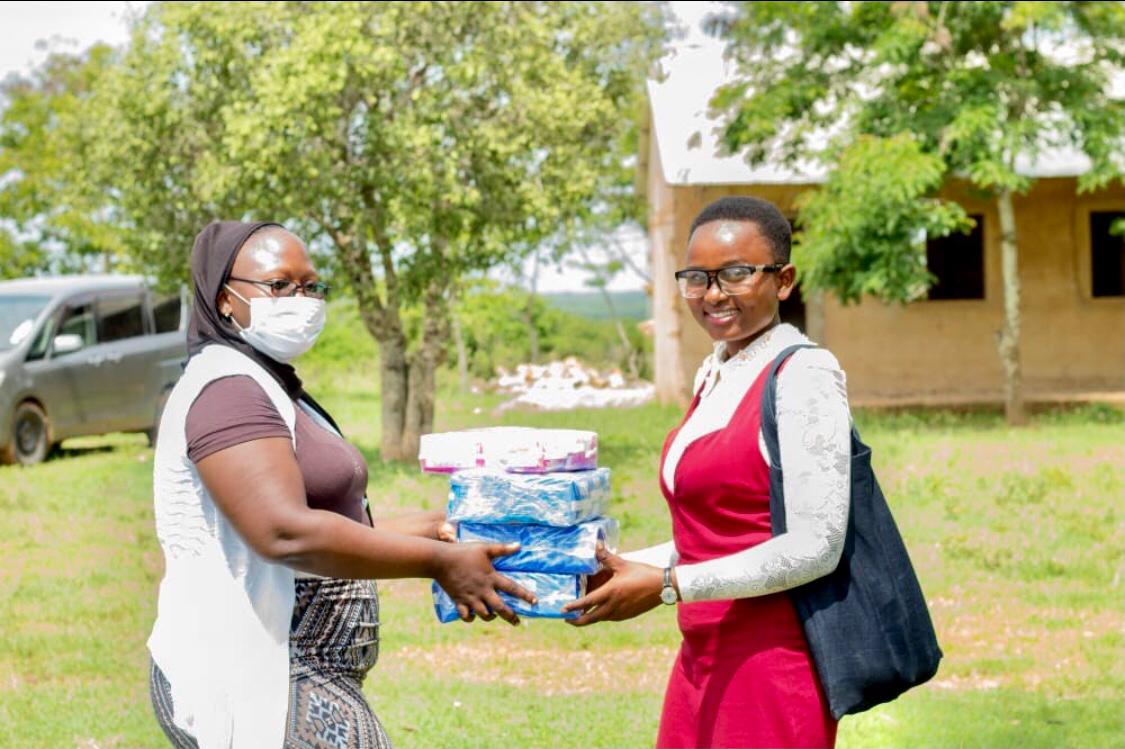
5.Do you have any tips for the youth trying to find a way of solving their community problems but are faced with limited resources and support?
There are five key checkpoints they must take note of:
• Build networks. Have an extended network as much as possible. It opens doors and new opportunities, and you gain new insights.
• Learn to relate well. Always strive to have good relationships with all people; the old and the young, the rich and the poor, women and men, leaders and civilians, people of different social status.
• Exercise patience and tolerance. Our ideologies are so different, and that means not everyone will support your course. So be patient with them. But, in the long run, they will join in your pursuits.
• Be persistent. Hold on to your goals despite the setbacks and challenges you face. Focus on your goal.
• Apply tact diplomacy. Know when and how in every journey you pursue.
6. ‘Hell in the Backyard and Other Stories’, a Children’s book that you wrote, such a noble thing to do at your age. Please talk about it.
This is a grade five book. I published it in 2019 while still in campus. It is not my first writing project, though. I have written a novel, which is yet to be published.
I was getting my novel published when I met Charles Okoth, who has remained my writing mentor to date. He connected me with Writers Guild Kenya, a platform for budding writers, and he is also the one who told me Queenex publishers were accepting manuscripts. So I wrote it to completion, and he helped me in editing, and by God’s favour, they got accepted. They combined my six stories with Kelvin Shachile, my co-author, and we got published.
That book has acted as an opener to so many opportunities. The book is in almost all bookshops, including Textbook Center, courtesy of the publishers, Queenex.
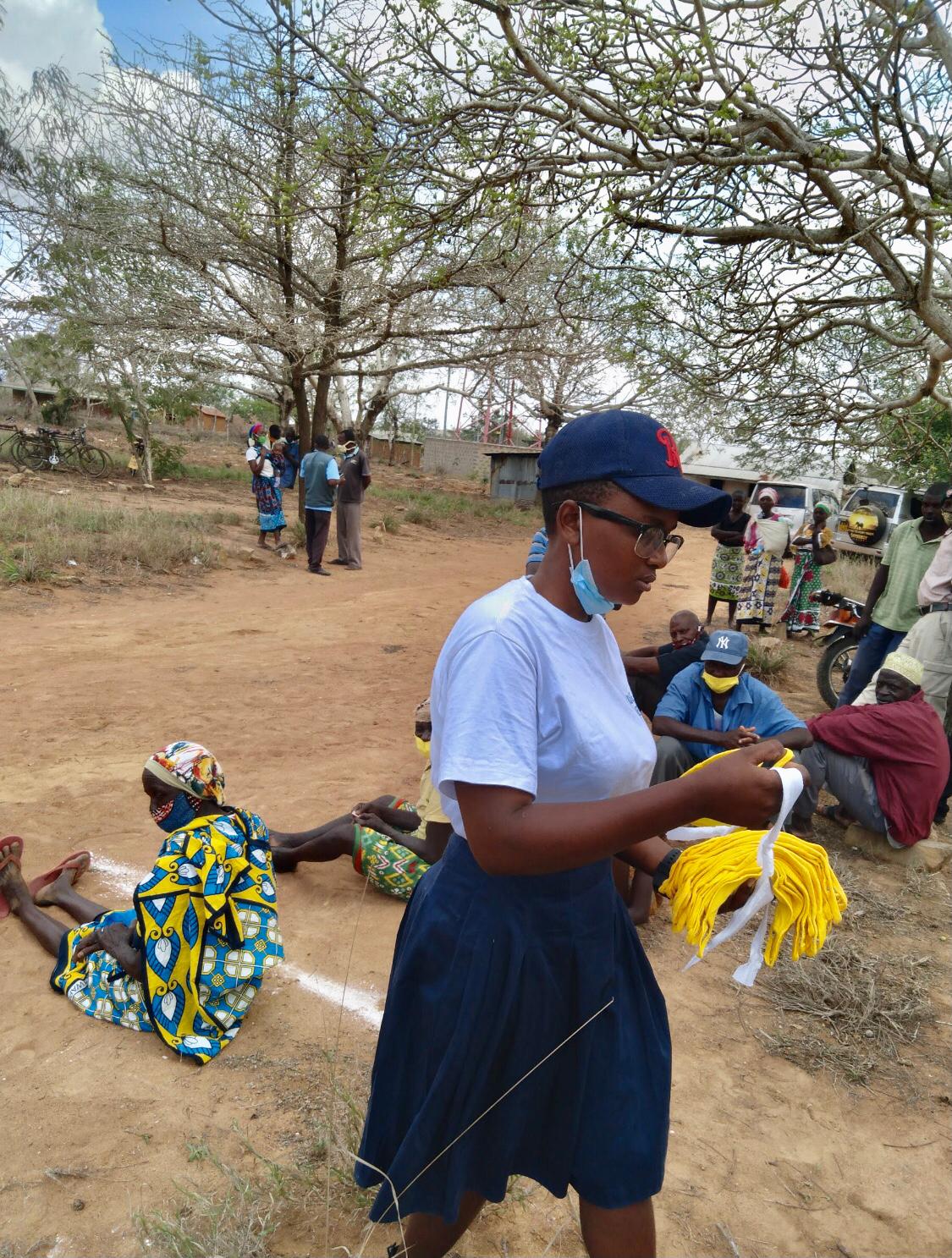
Rehema Kiteto during a project in Kwale County
7. From your personal experience, please tell us what role has each of the following played in your career journey?
a). Confidence. For me, this is about remaining on course even when doubts are your only company. You’ll know you are confident when you stick to your course despite fears and doubts. It has continued to expand my network and enabled me to hold programmes and projects, one after another, successfully.
b). Proactiveness. This has been one of my strengths. It has saved me many times from falling into traps. For instance, even in dealing with the community, noticing a problem early enough and planning a solution has made me stand out.
c). Mentorship. I am where I am, as a result of a series of mentorship. My parents; Mr. and Mrs. Kiteto, have been my early foundation mentors and continue being mentors, especially in matters of personal grooming, discipline, and life. I have had a mentor in every phase of my life, including all my diverse involvements, writing, politics, and leadership, community service etc. Young people are blessed with creative minds that are always idea-oriented. So it takes a mentor to help you pick the right idea and actualise it into actions.
8. The unemployment rate and mental health issues have been on the rise in Kenya, affecting many young people. What are your thoughts around the same? How can young people deal with these issues?
With high unemployment rates, many people are prone to depression. I have struggled with depression a couple of times, but I thank God for those around me. Most of us fall into depression because of the hardships we encounter while pursuing our goals, frustrations from our families, the community, and ourselves.
Interestingly, unemployment and mental health are both on the same scale. This is because young people are energetic and so ambitious and need grounds to utilise these. So until unemployment is cubed, mental health issues rates will be on the increase, so we need to find ways to curb this.
9. Many organisations are looking to invest in young people like you; what kind of support do you need for now to achieve your dream of being among the youthful leaders in our country come 2022?
I am capable, and I am ready. But I will definitely need financial support and opportunities to attend seminars and training to understand the political world better.
10. What is the fundamental limitation or setback that you’ve faced time and again, and what are you doing about it?
My gender. There are times I’ve felt so handicapped because I’m a woman. I have had to let go of some opportunities because the one manning the opportunity wants to have his way with me before the opportunity is granted to me.
Sometimes, my family has been overprotective and refused to let me take up opportunities because they feel that’s too risky for me, yet the same doesn’t apply to my brother. Other times I felt handicapped when I get overloaded with cultural expectations of me as a woman. It is so frustrating, but I look forward to a time when there are fewer of these gender sidelines, and that is what I’m advocating for today. Women need their freedom to be the vest version of themselves.
Any parting shot?
We, young people, are ambitious, energetic, creative, and dream big. It’s a rare blessing that comes with our age. If we learn to tap into this while ignoring the detractors, then we can achieve all our dreams.
It is not a waste of time to start from scratch. Growing is inevitable. “Every day we are becoming,” as Mitchell Obama, my role model, says. We never stop becoming. Just focus on who you want to become or be. And while at it, remember to pay caution not to fall prey to depression.
Always forgive yourself. Every morning when I wake up ‘I forgive myself. It’s a whole new day, and that means you hadn’t rehearsed how to live it. So the mistakes you’ve made were unavoidable.’ And always remember to stay strong. If not for you, then for the millions behind you.
By Patience Nyange and Esther Kiragu

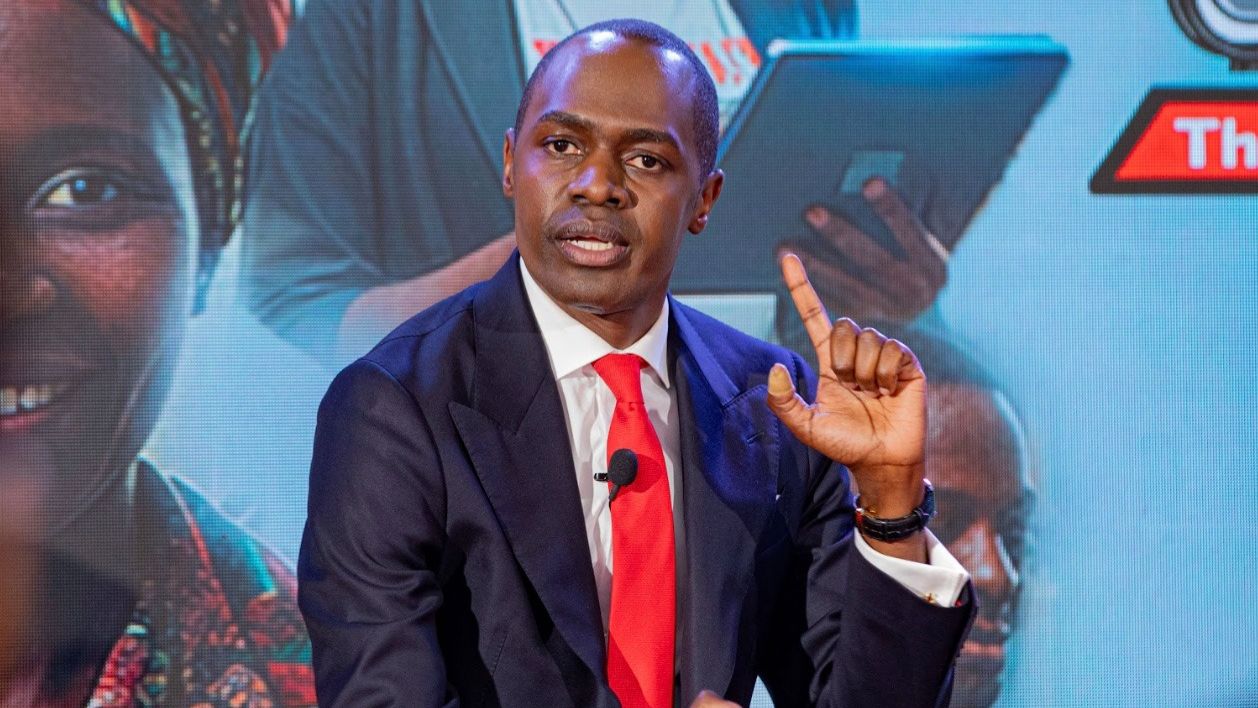


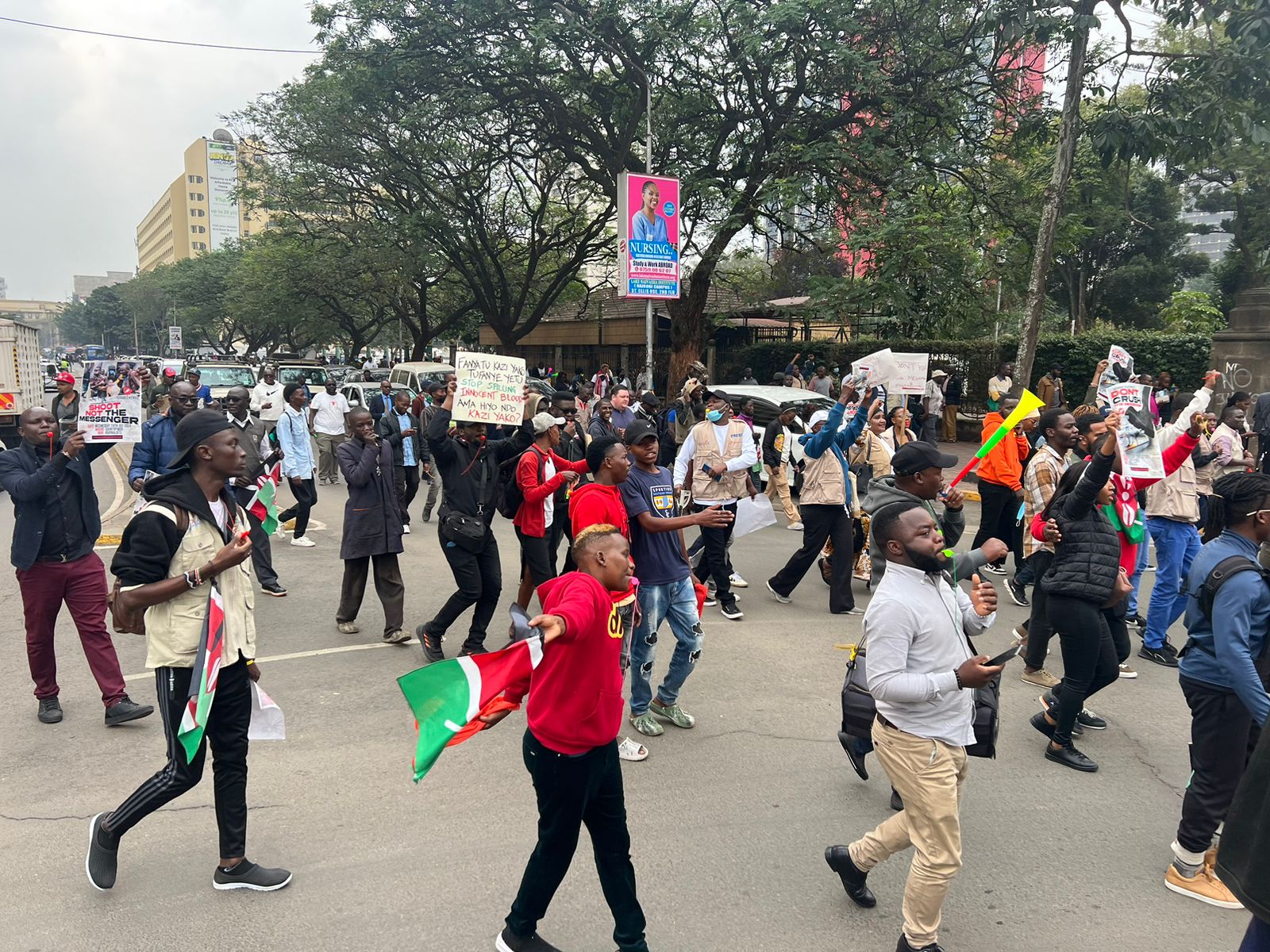
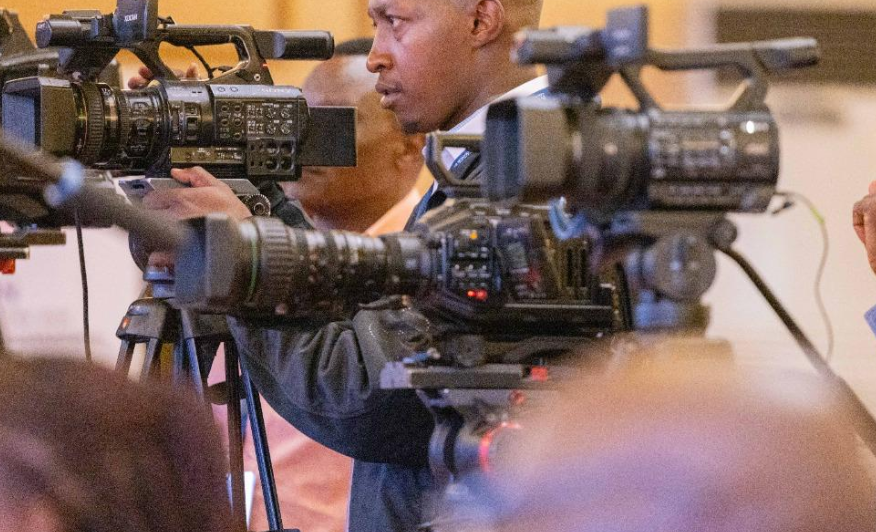
-1772456632.png)
